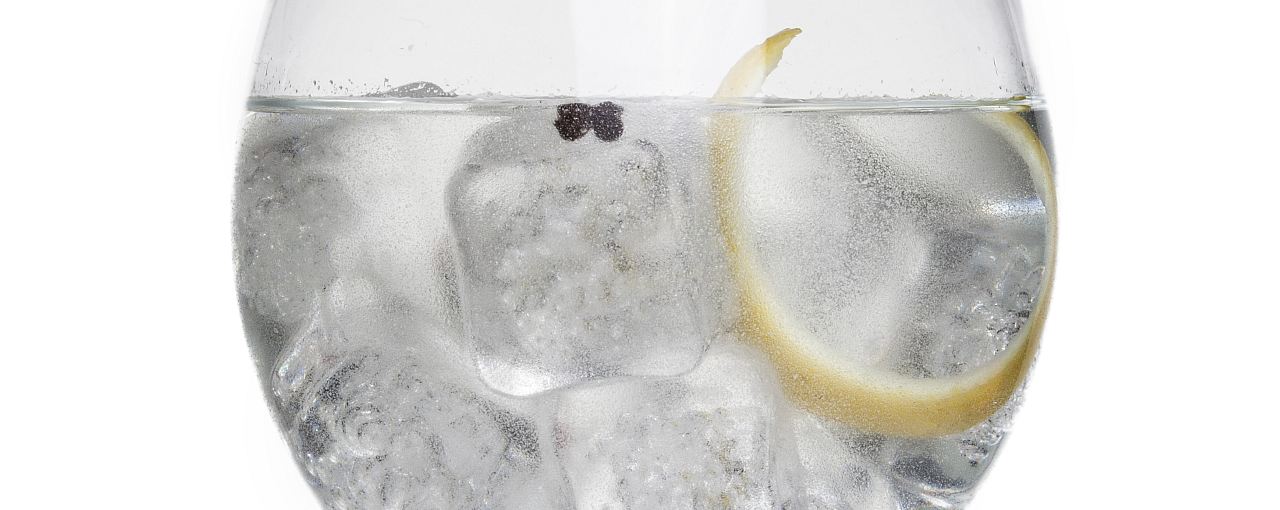Grain High Purity Alcohol
Grain High Purity Alcohol is a highly purified product with very neutral odour and taste. This natural product is produced by fermentation of the sugars, using yeast. The sugars are derived from grain. After the fermentation process, the ethanol is purified by a multiple distillation and rectification process.
Application
Due to its high purity and neutral organoleptic characteristics Grain High Purity Alcohol is used by the spirits industry as the main ingredient for the production of premium brands grain based alcoholic beverages (such as vodka, gin and jenever) and other grain based products.
Quality
- Complies with the Regulation EC 110/2008 technical definitions and requirements for ethyl alcohol of agricultural origin.
- Complies with General Food Law, Regulation (EC) No.178/2002.
- Is produced according to ISO 9001:2008.
- Is produced, stored and transported according to HACCP principles incorporated in the ISO 9001:2008.
- Is free of allergenic compounds such as gluten or gluten residues.
- Is not produced from or contain ingredients produced from GMOs within the meaning of Regulation N° 1829/2003.
- For the development and testing of Grain High Purity Alcohol no animal testing was performed.
- If kosher requirements are necessary, please do not hesitate to contact us.
Products
Benefit from our nature-derived Spirits & Food applications product range:
-
Spirits
applications
- Grain High Purity Alcohol
- Potable High Pure Alcohol
-
Food
applications
- 70% Alcohol Dilutus
- 96% Alcohol Fortior
-
Industrial
applications
- 96% Alcohol With 2% MEK
- 96% Alcohol With 5% Methanol
-
Industrial
applications
- 99.9% Alcohol Absolutus
Excise
Alcohol is subject to excise duty. National authorities consequently stringently control all shipments of alcohol. The excise rates in the EU vary among the different member states and can amount to as much as 40 times the sales price. It is therefore imperative to adhere to the regulations in the EU member states in which we operate. Our alcohol can be delivered pure, without any additional products. In this case, consignees must have a license from their national authorities to receive ethyl alcohol under suspension of duty. Denatured alcohol can be exempt of duty, provided the national authorities accept the added product as a denaturant. We reiterate that the different EU member states each have their own policy regarding accepting these products. It depends on the national legislation if a specific license is necessary and under which conditions a consignee may receive the alcohol.
For more information please review the general European regulations regarding excise and check with your local excise authorities.

